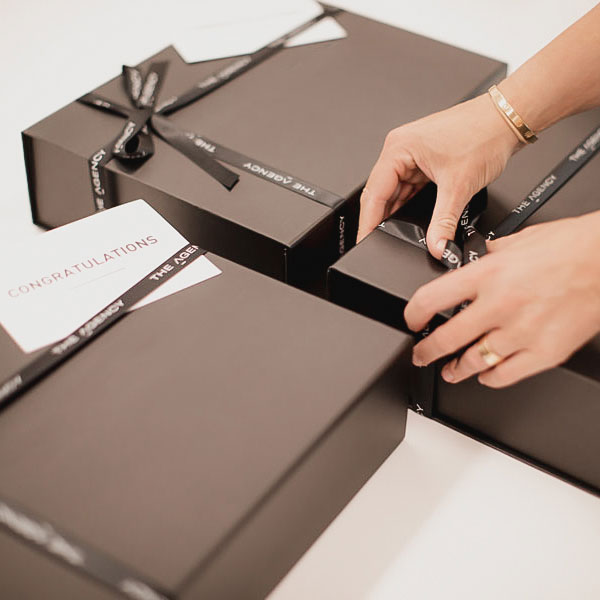
Our Unique Value Propositions
Quality Selection
We curate only the finest gift hampers sourced from local artisans to ensure high-quality products for every occasion.
Unbeatable Prices
Our dedication to finding the best deals means you’ll always access cost-effective options without compromising quality.
Expert Insights
Stay informed with our regularly updated blogs that provide valuable insights into the latest trends and tips for gifting.

Exceptional Gift Hampers for Every Occasion



Latest Insights
7 Reasons Why Local Gift Hampers Melbourne Are Superior to National Stores
Gift hampers have become one of Australia’s most beloved gifting solutions, offering a thoughtful way…
Beer, Bourbon, or BBQ? Choosing the Perfect Valentines day hampers for him
Valentine’s Day hampers for him have evolved beyond chocolates and flowers. Today’s personalised gift ideas…
Eco-Friendly Corporate Gift Hampers in Sydney Your Clients Will Love
In an era where sustainability matters more than ever, Sydney businesses are shifting toward eco-friendly…
How Do You Choose the Right Christmas Gift Box for Any Personality?
How to Choose the Right Christmas Gift Box for Any Personality? Choosing a Christmas gift…
Customer Testimonials

Our Unique Value Proposition
Experience the difference with our tailored gift hampers that prioritize quality, affordability, and customer satisfaction.






